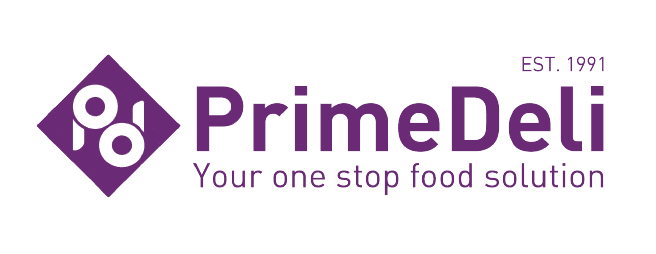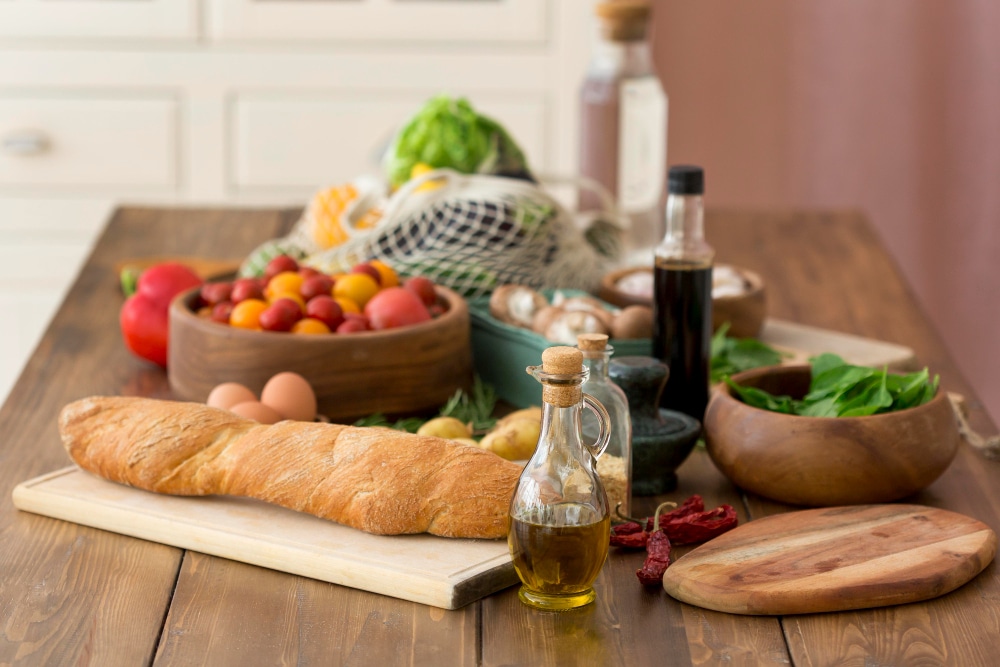With today’s consumers becoming increasingly concerned about the social and environmental impact of sustainable food production, there is a growing need for food and beverage businesses and suppliers to reshape the way they think about sourcing and procurement.
A survey done by First Insight in the US found that 75% of surveyed consumers prioritise product sustainability over brand name, while 94% of retailers believe brand name is more valuable to customers.
This public sentiment is not confined to the West alone. Even influential brands in Singapore like Fairprice Group, Eu Yan Sang, SATS, Neo Garden, Woh Hup and Sadia have recognised local consumer concerns and have led the charge in responding to these global concerns with sustainability practices of their own.
Understanding Sustainable Sourcing
Sustainable sourcing is the practice of ensuring the products and services along each tier of their supply chain are obtained in a socially, environmentally-responsible way.
Common sustainability sourcing practices include using suppliers who are fair trade and environmentally friendly, procuring goods and raw materials that are home-grown to support the local economy and reduce transportation-related emissions as well as reducing waste by reusing and recycling materials.
Benefits of Sustainable Sourcing
At first glance, sustainable sourcing might seem unprofitable, with little return of investment and unsustainable even, for small F&B businesses. However, sustainable sourcing leads to revenue growth in the long run, with improved food quality and higher rates of customer satisfaction.
- Revenue Growth and Cost Savings
Sustainable sourcing is an effective way to reduce both energy consumption and waste, resulting in lower energy bills as well as higher operational efficiency. Choosing red label local produce also guarantees a sustainable supply of produce and ensures customer retention. - Improved Quality
Produce that travels far has to be harvested early and often requires the use of chemicals to maintain freshness. Sustainably sourced local ingredients, on the other hand, can be delivered from farm to fork on the same day, resulting in better taste and higher, more consistent quality. - Higher Customer Satisfaction
With customers demanding to know where the products they purchase come from and what they are made of, the key to satisfying today’s consumers lies in ensuring your products and services line up with their social and environmental values.In another survey by First Insight, Gen Z and Millennial consumers have been found to make purchase decisions based on their personal, social and environmental values with almost 74% of Gen Z consumers willing to pay more for sustainable products.
Implementing Sustainable Sourcing
But how can you ease your way into sustainable sourcing practices?
Switching up your SOP can be quite a daunting task, especially if you already have purchasing contracts with existing suppliers that do not practise sustainability.
Some practical ways you can go about this would be to communicate your sustainability goals with existing suppliers and work with them to make these changes in the way they process their ingredients or farm their poultry. Start looking out for sustainable suppliers and use these providers when you need new products or produce types for your food and beverage business.
Supplier Selection
Assess a supplier’s environmental and social impact, labour standards, and ethical business practices. Make sure to test or trial their ability to make deliveries on time and provide high-quality products before entering into a purchasing contract with them.
Developing an open channel of communication with your suppliers will also help to ensure that you have visibility into their work processes. This will help you to track and ensure they are as sustainable as they say they are.
Challenges to Sustainability
The impact of your sustainability practices on the environment might take a long time to bear fruit because of how significant the collective damage dealt by the food and beverage industry is.
Food and beverage companies account for 23% of an estimated $75 billion annual environmental damage caused by plastics alone. Plastics impact marine life and fisheries, while also entering the human food chain through seafood consumption while plastics in livestock pose health risks, contaminating meat and milk products and affecting communities that live near plastic production facilities.
Change may take a long time and the revenue growth might seem slow or non-existent in the first few years, however, in order for the food and beverage industry to have a future, staying committed to sustainability sourcing is vital.
Implement sustainable practices in your food and beverage business by getting in touch with us here or dropping us a WhatsApp and we will get back to you shortly!




